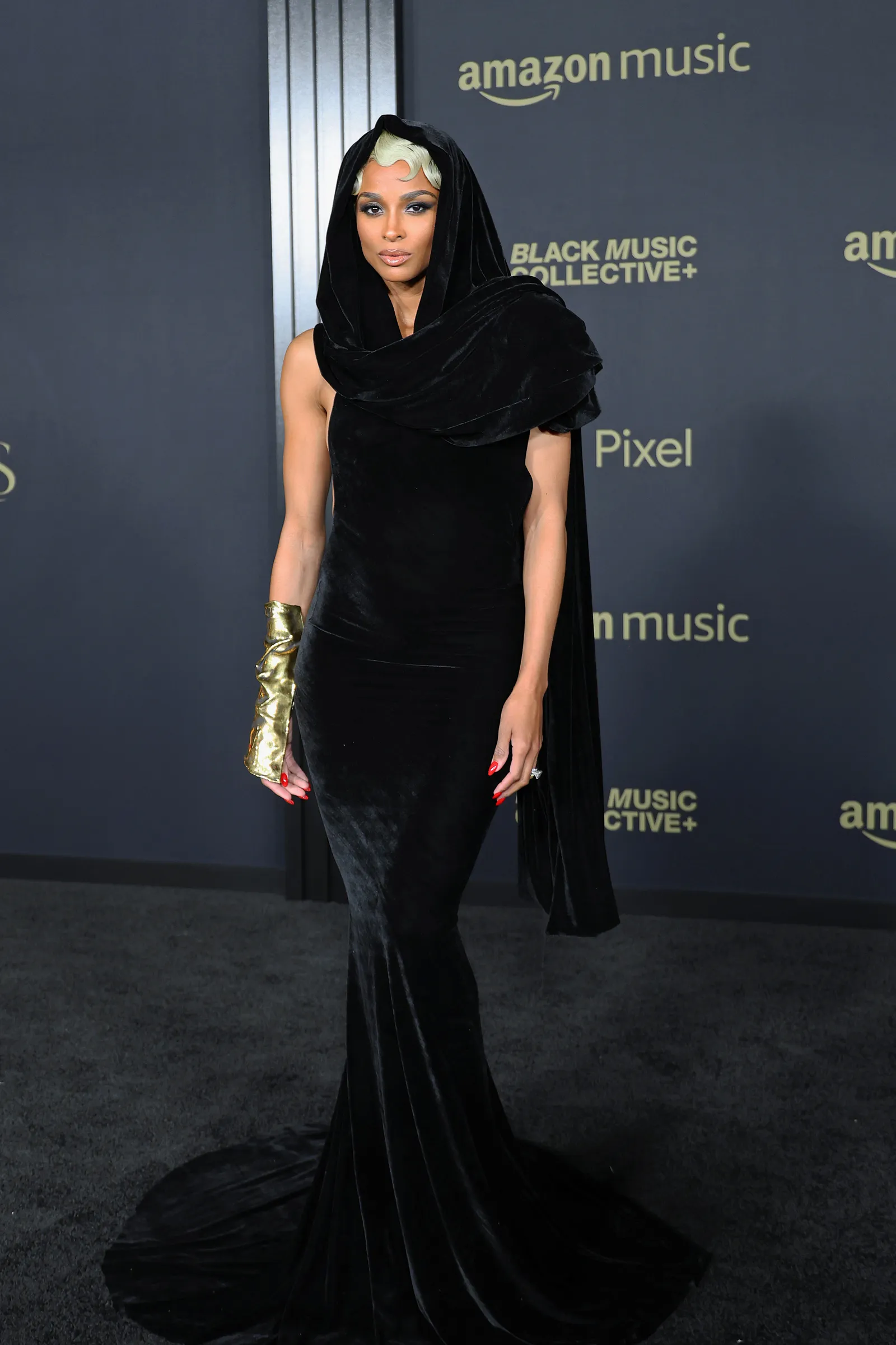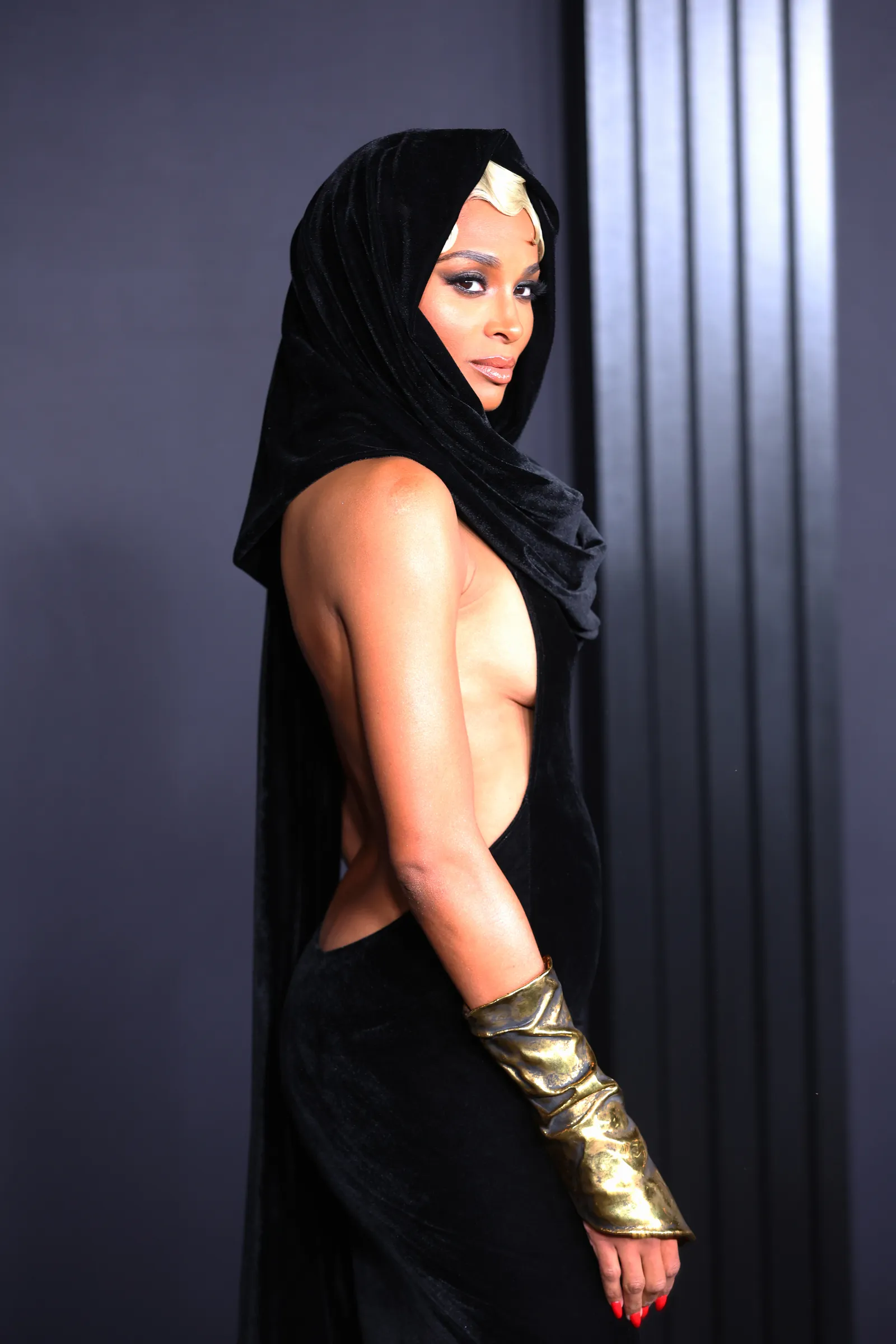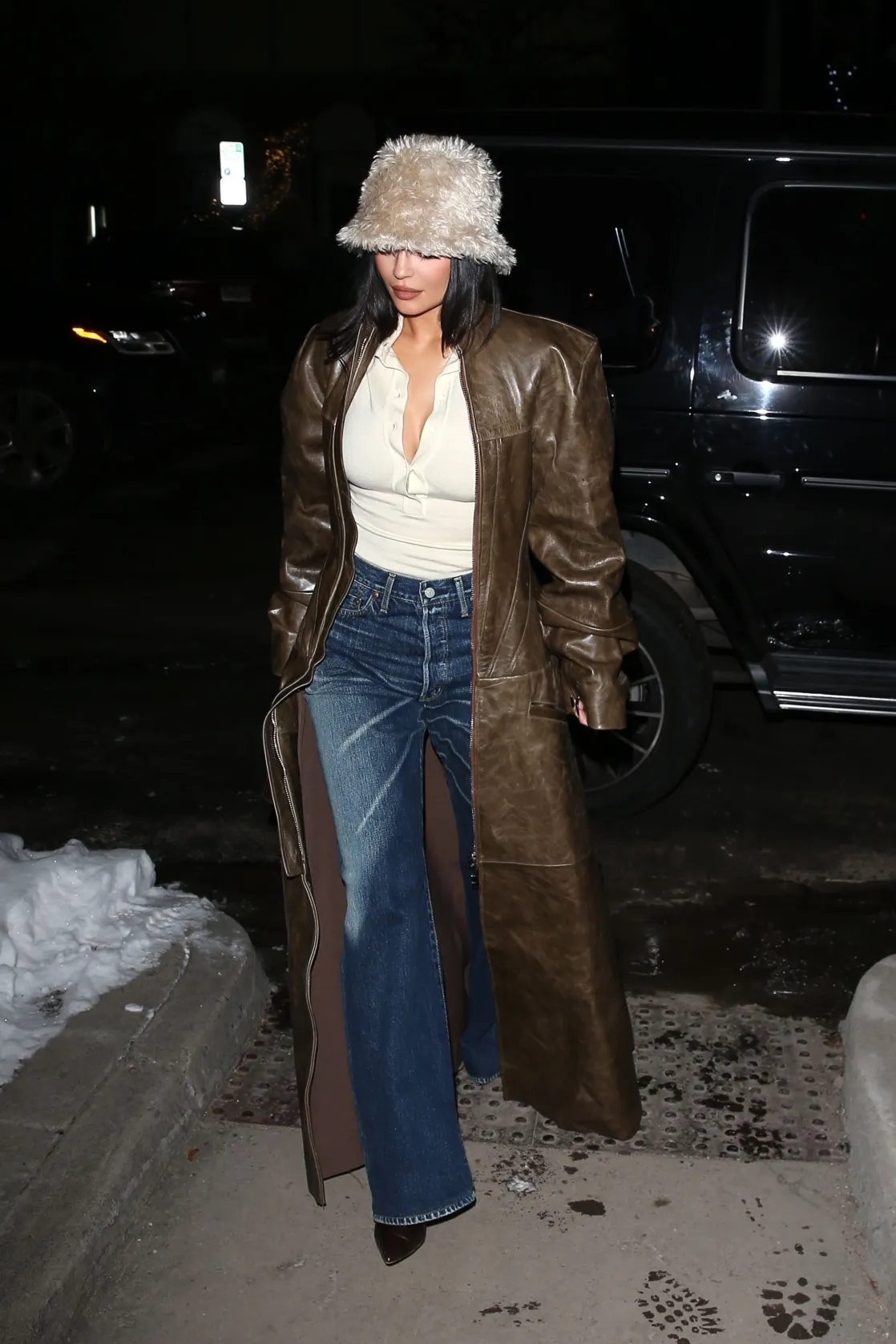
By Hannah Jackson

Kwame Adusei had 10 years under his belt as a fashion designer in Ghana when he decided he was up for a new challenge. So he packed up and moved to New York City…in January, an additional challenge he didn’t exactly take into consideration. “Moving straight from a tropical place to New York, you find out that the trench coat is not as warm as you think,” he tells Vogue. So Adusei pivoted, landing in Los Angeles where he recently opened a new storefront on Doheny Drive in West Hollywood.
In the two years since moving to LA, Adusei’s repertoire of pieces that center sexuality and androgyneity have caught the eyes of celebrities including Beyoncé, Kylie Jenner, Lori Harvey, Kali Uchis, Ciara, Reneé Rapp, and more.
In his decision to leave Ghana, Adusei felt especially compelled to put his African roots at the forefront of the brand. “When I moved to LA, I realized that a lot of people didn’t have a reference when it comes to African fashion, even though there are amazing designers both living outside of Africa and in Africa,” he says. For him, that meant giving his new label a name that honored his culture. In the end, he landed on his own. Still, he felt conflicted. “It is very vulnerable, and you have to earn it, if you have your name on something,” he says. “There’s way more to be cautious about, so I had never thought I’d put my name on [the label].”
Kayla Oaddams. Maury Phillips/Getty Images
In Ghana, Adusei became a master craftsman, working so closely with French ateliers that he became fluent in French. Construction and tailoring was the epicenter of his business. “People just bring two or three yards of fabric from the market and then show you a picture of Beyoncé or somebody, [and say] ‘I want the same outfit,’” he explains. “And you’d better not say you can’t make it because obviously they’re going to take their business somewhere else. I’ll just say, ‘no problem, I’ll make outfit.’”
That approach to craftsmanship is a tentpole of his namesake label, and Adusei’s understanding of fabrics allows him to mix the masculine and the feminine. While androgyneity is central to the brand identity, the designer is adamant about cutting and tailoring fabric in a way that flatters women (as opposed to expecting women to wear traditional men’s clothing.) Adusei describes this aesthetic as a feminine look with a masculine inspiration. “[With most gender neutral clothing] the cut, fundamentally, is for the male body,” he says. “If we want to make this look feminine, there’s a way to cut it using the same fabric; the female body looks way sexier, way more protected, and very comfortable.”
PEMA
Adusei draws inspiration for this approach from the use of Kente cloth in traditional West African wedding ceremonies. “[The bride and groom] all go buy that fabric and take it to individual tailors and seamstresses to design something that they want,” he says. “It’s the most beautiful ceremony because everybody looks very different but it’s the same type of fabric.”
While the techniques and inspirations he picked up in Ghana aren’t always obvious when looking at his designs, Adusei’s background is the beating heart of his fashion philosophy. He is always hoping to optimize function, while still flattering his customer. “This is where I bring in elements of back home—the idea of using the same type of fabric and incorporating it into the body that we’re trying to represent,” he says.

Courtesy of Kwame Adusei
Read the original article on Vogue.




Comments